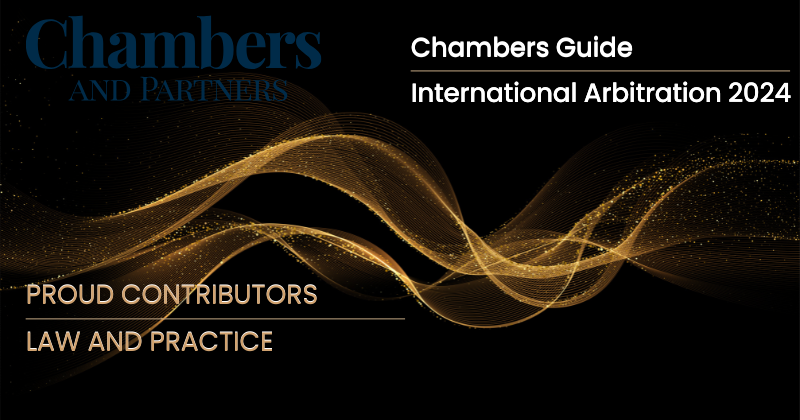Background
The Supreme Court in the case of Mutheu Agatha Khimulu v Raheem Mehdi Aziz Azad & 4 others (Petition No. E003 of 2022) reiterated that the best interest of the child is the key determining factor in decisions concerning children and therefore, it is against this paramount consideration that parental rights ought to be weighed.
In this case, the parties got married on 2nd August 2002 under the African Christian Marriage and Divorce Act (Cap. 151) (now repealed) and were blessed with one child. Subsequently, the marriage broke down and divorce proceedings ensued, where the parties entered into a Parental Responsibility Agreement (“PRA”), following which and with the consent of the 1st Respondent, the Appellant moved to York in the United Kingdom (UK) with the child, to pursue further studies. Disputes arose regarding the custody of the child, which led to the child being admitted to wardship in the UK Family Court.
Consequently, the Appellant instituted proceedings at the High Court of Kenya, where the main issue for determination was in relation to the custody, upbringing and welfare of the child under Article 53(2) of the Constitution and the Children Act, 2001 (now repealed).
The High Court ruled that the Appellant was not a fit parent to bring up the child and therefore, she had lost the right to actual custody provided for in the PRA, when she assaulted the child. At the Court of Appeal, the Judges upheld the finding of the High Court and additionally held that the PRA was no longer applicable to the parties, as fundamental changes had occurred in their lives, since the signing of the PRA.
Dissatisfied with the decision of the Court of Appeal, the Appellant lodged an appeal to the Supreme Court, where the main issue for determination was whether parental rights and responsibilities could be extinguished and the status of the PRA.
The Supreme Court held that the PRA was still operational and that parental responsibility could not be extinguished, as it requires equal responsibility of the father and mother to provide for the child, whether or not they are married to each other.
The Supreme Court also held that parental responsibility was an ongoing obligation that required parents to ensure that the needs of the child are catered for. Ultimately, since the child had already reached the age of eighteen, the Supreme Court allowed the child to choose which parent to live with.
Impact of the Decision
The Supreme Court’s decision underscores the importance of PRAs and the ongoing nature of parental responsibility. Notably, PRAs have the effect of law and are only vacated by either an order of the Court or an application by the child (with leave of Court) or a person with parental responsibility over the child.
PRAs are useful in situations where the parents are unmarried or where there has been a breakdown in their relationship, as PRAs provide a clear framework for the ongoing care and upbringing of a child.
The decision also provides that in balancing the best interests of the child and parental rights, Courts ought to be guided by factors such as:
-
- The existence of a PRA between the parties;
- The past performance of each parent;
- Each parent’s presence including his or her ability to guide and provide for the child;
- The ascertainable wishes of a child who is capable of expressing his or her opinion;
- The financial status of each parent;
- The individual needs of each child;
- The quality of the available home environment;
- Need to preserve personal relations and direct contact with the child by both parents; and
- The totality of the circumstances.
The Supreme Court reiterated the fact that in any decision relating to custody, upbringing and welfare of a child, parents must put the child’s best interest first, regardless of their differences. The Court further emphasised the fact that parental responsibility is an ongoing obligation on both parents, regardless of their marital status.
Please click here to download the alert.
This alert is for informational purposes only and should not be taken to be or construed as a legal opinion. If you have any queries or need clarifications, please do not hesitate to contact Pamella Ager, Managing Partner, ([email protected]), and Blenda Nyahoro, Associate, ([email protected]) or your usual contact at our firm, for legal advice.





